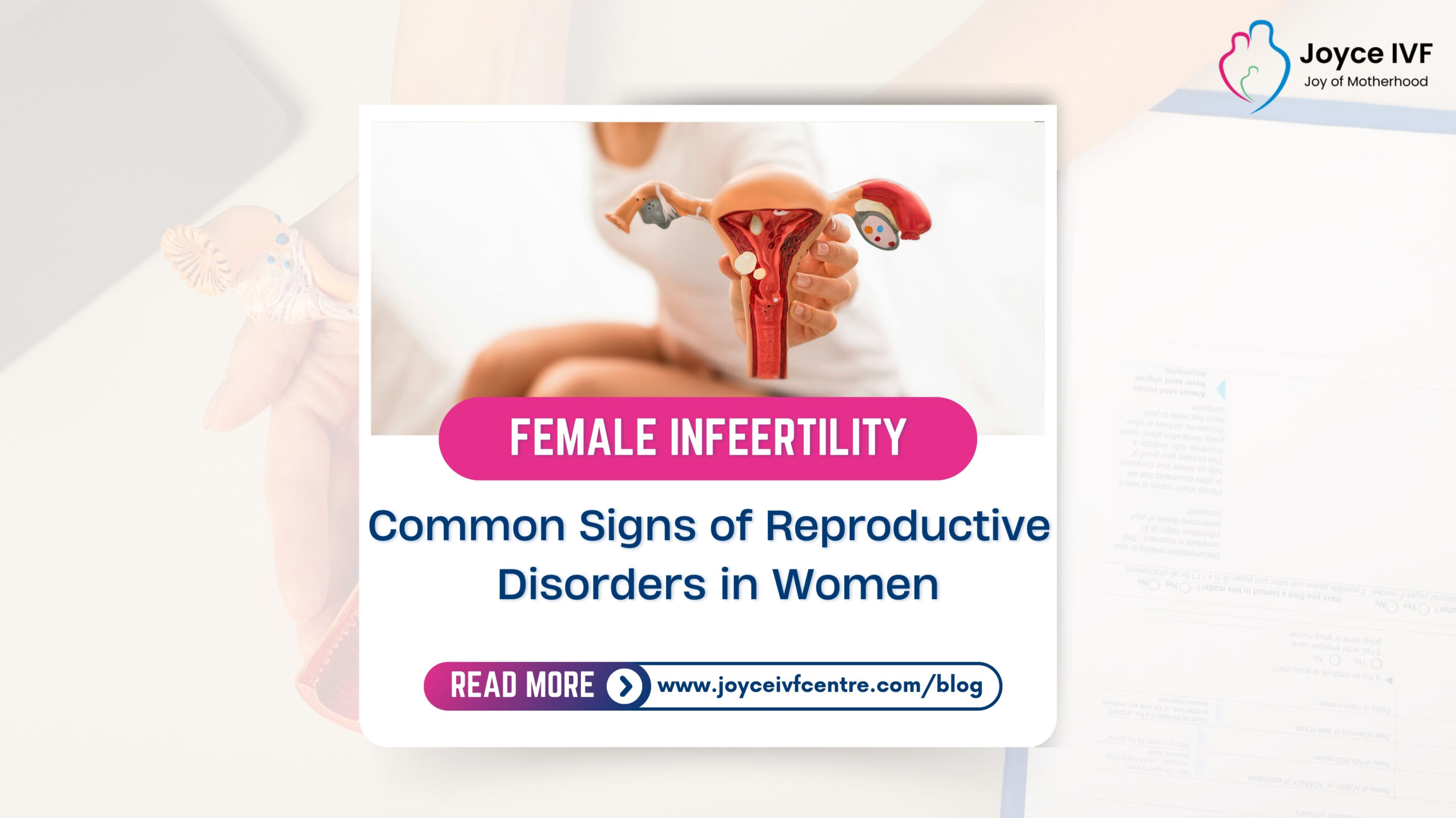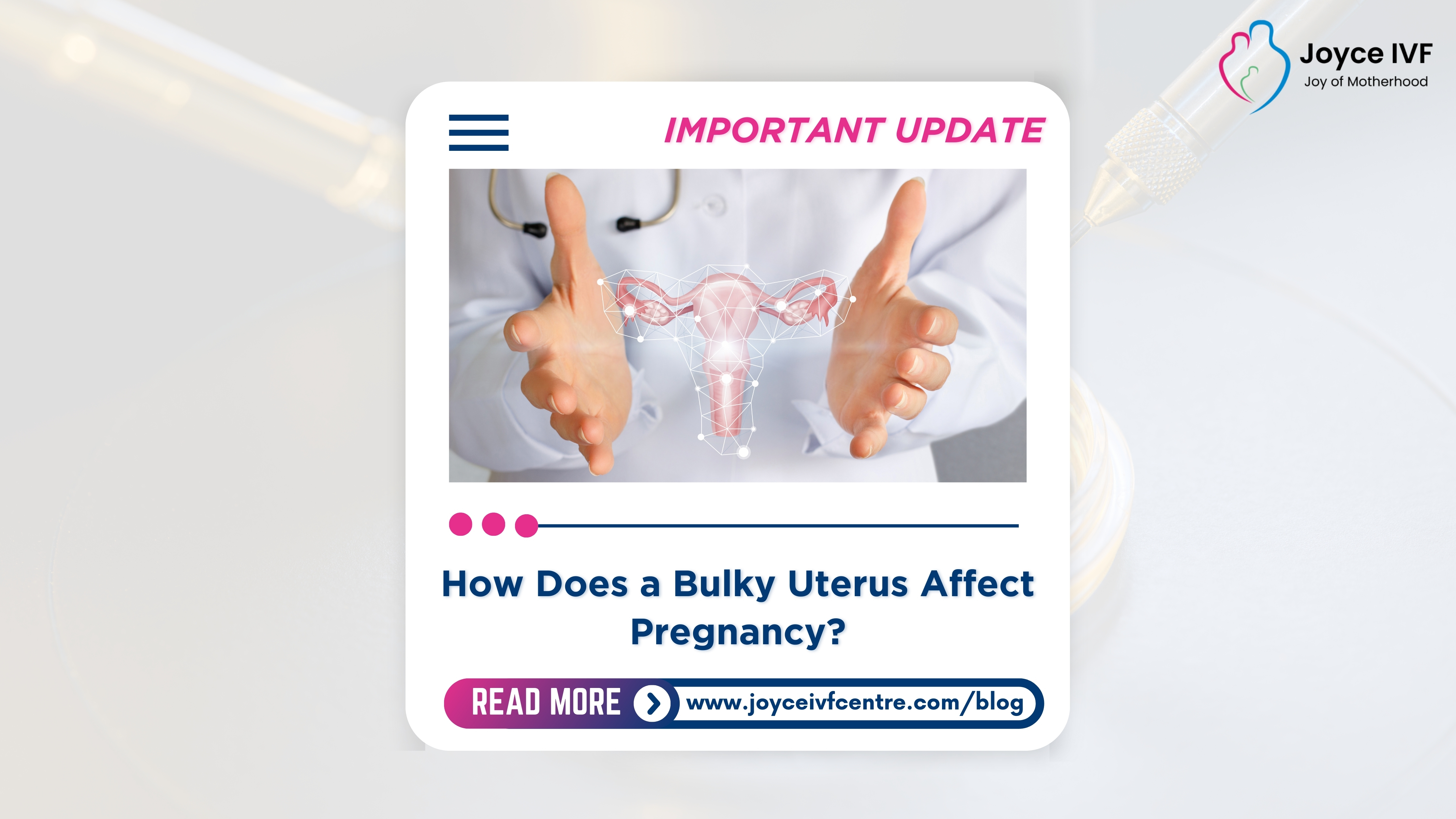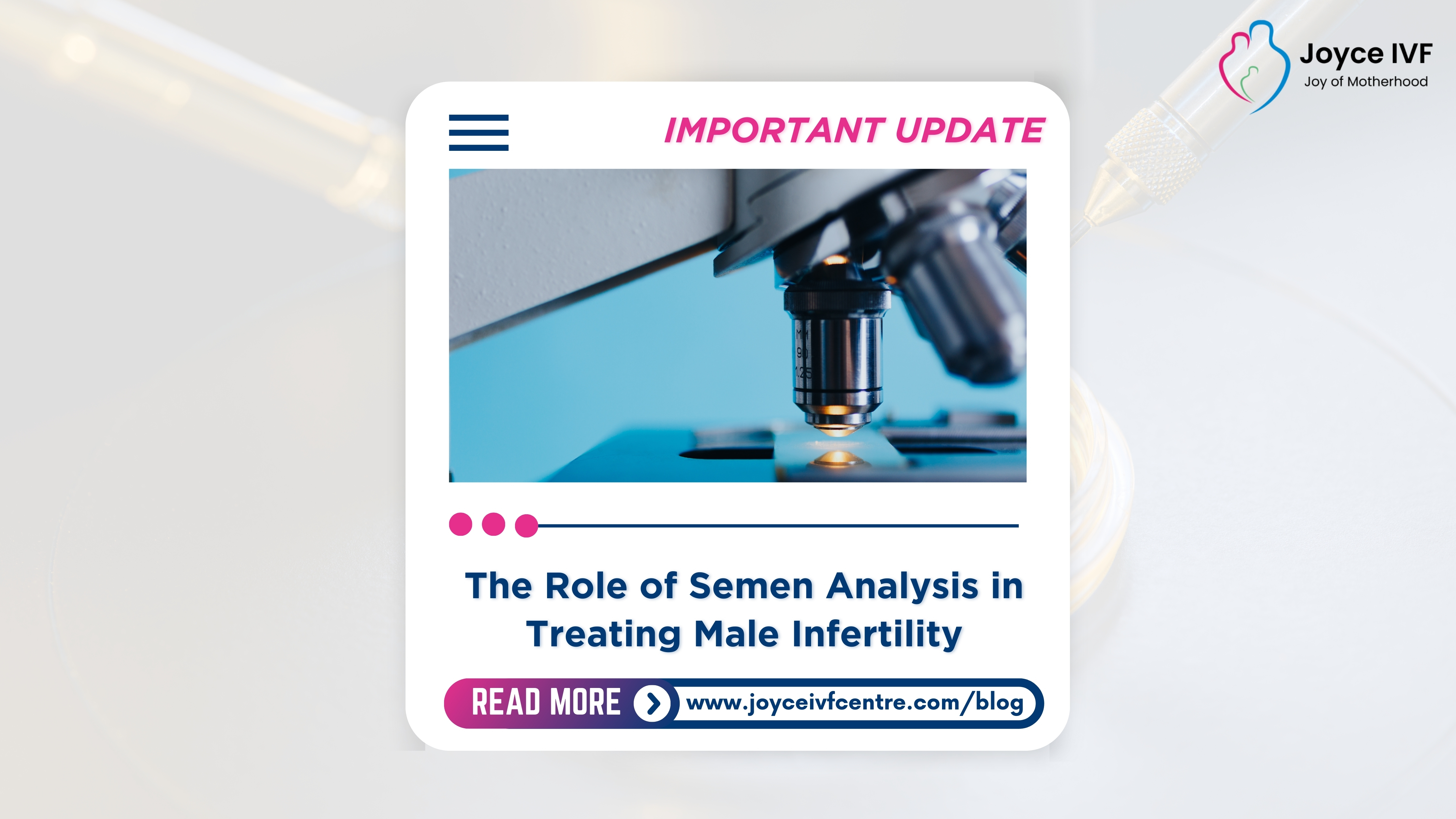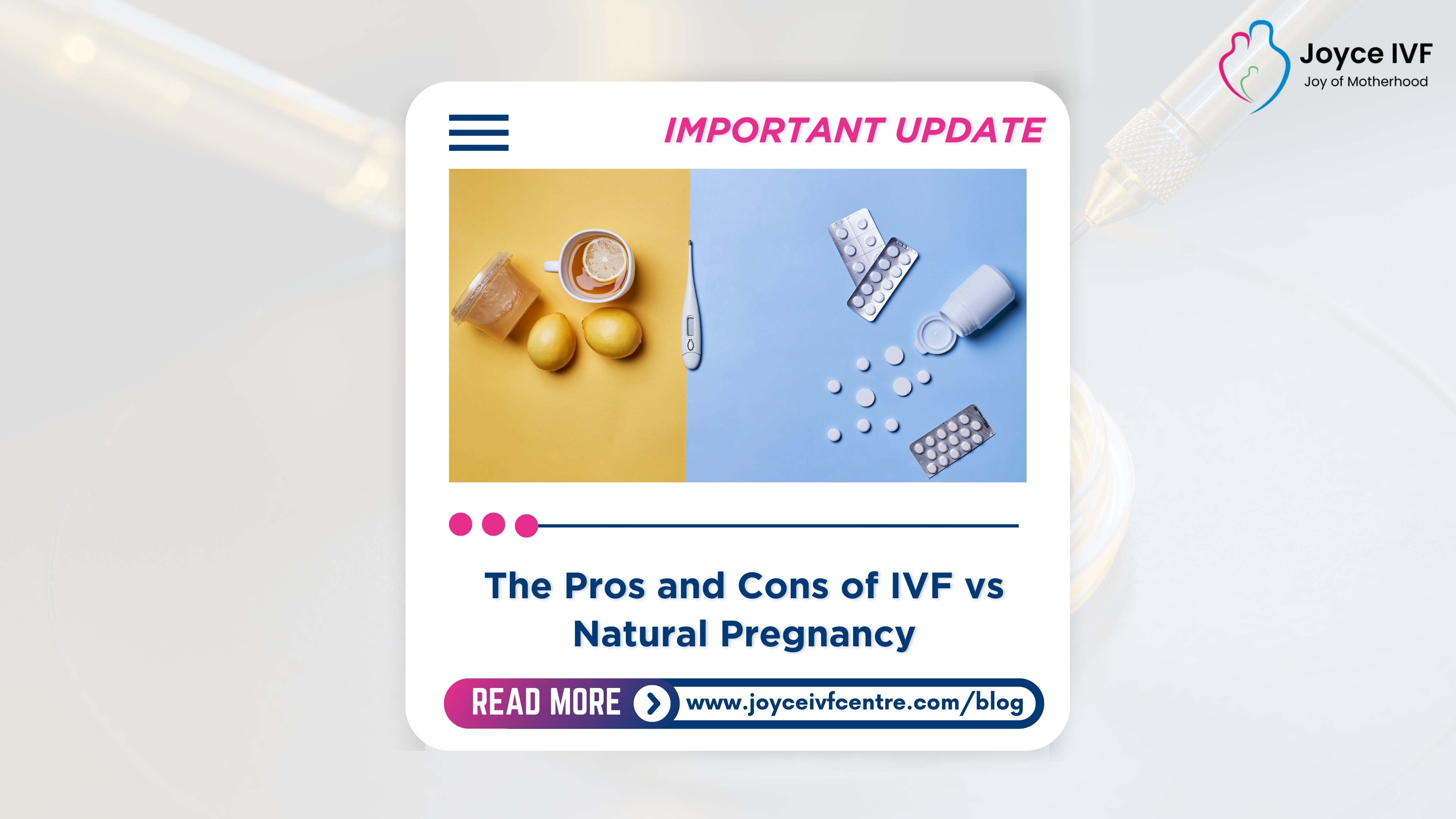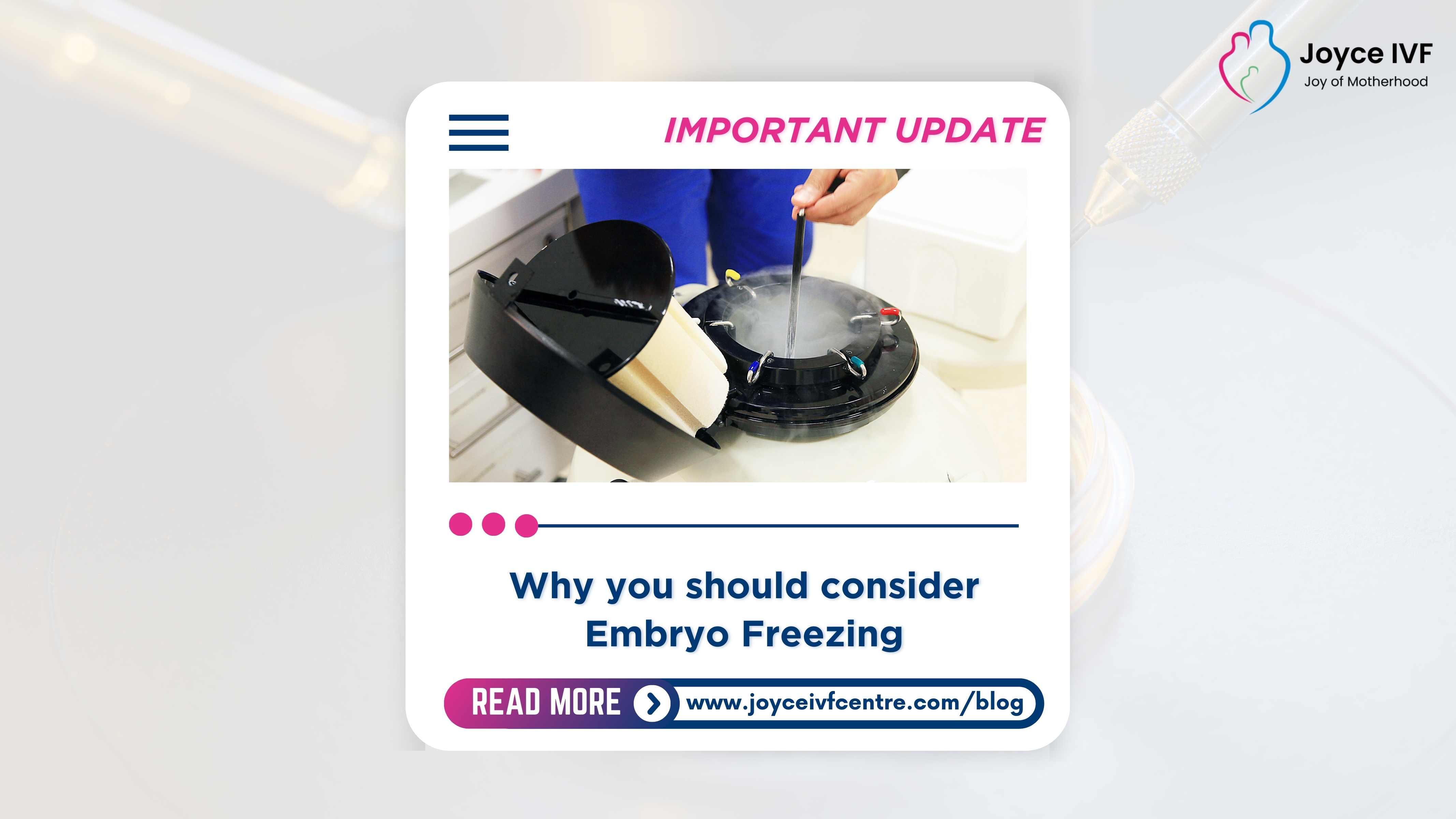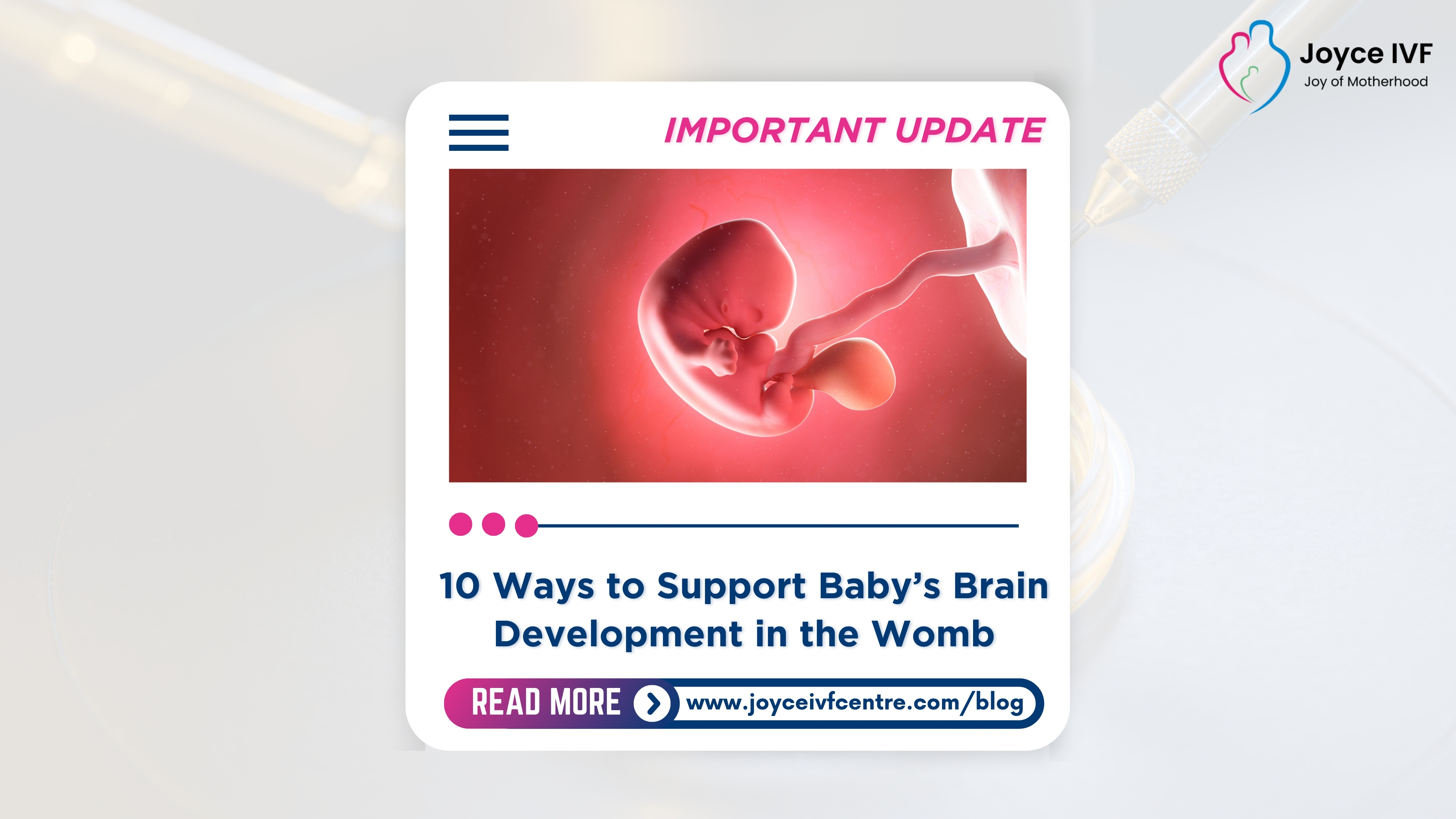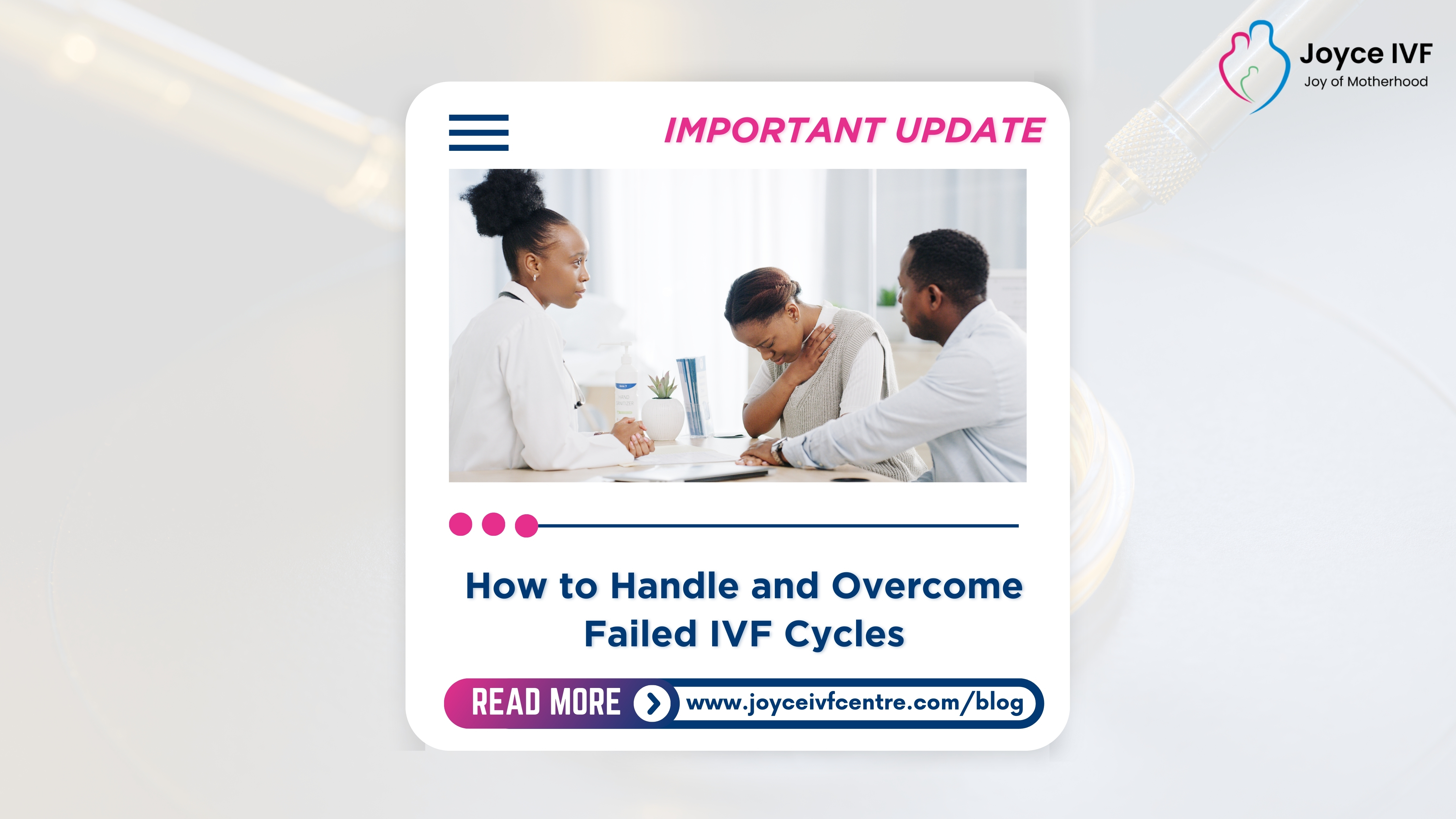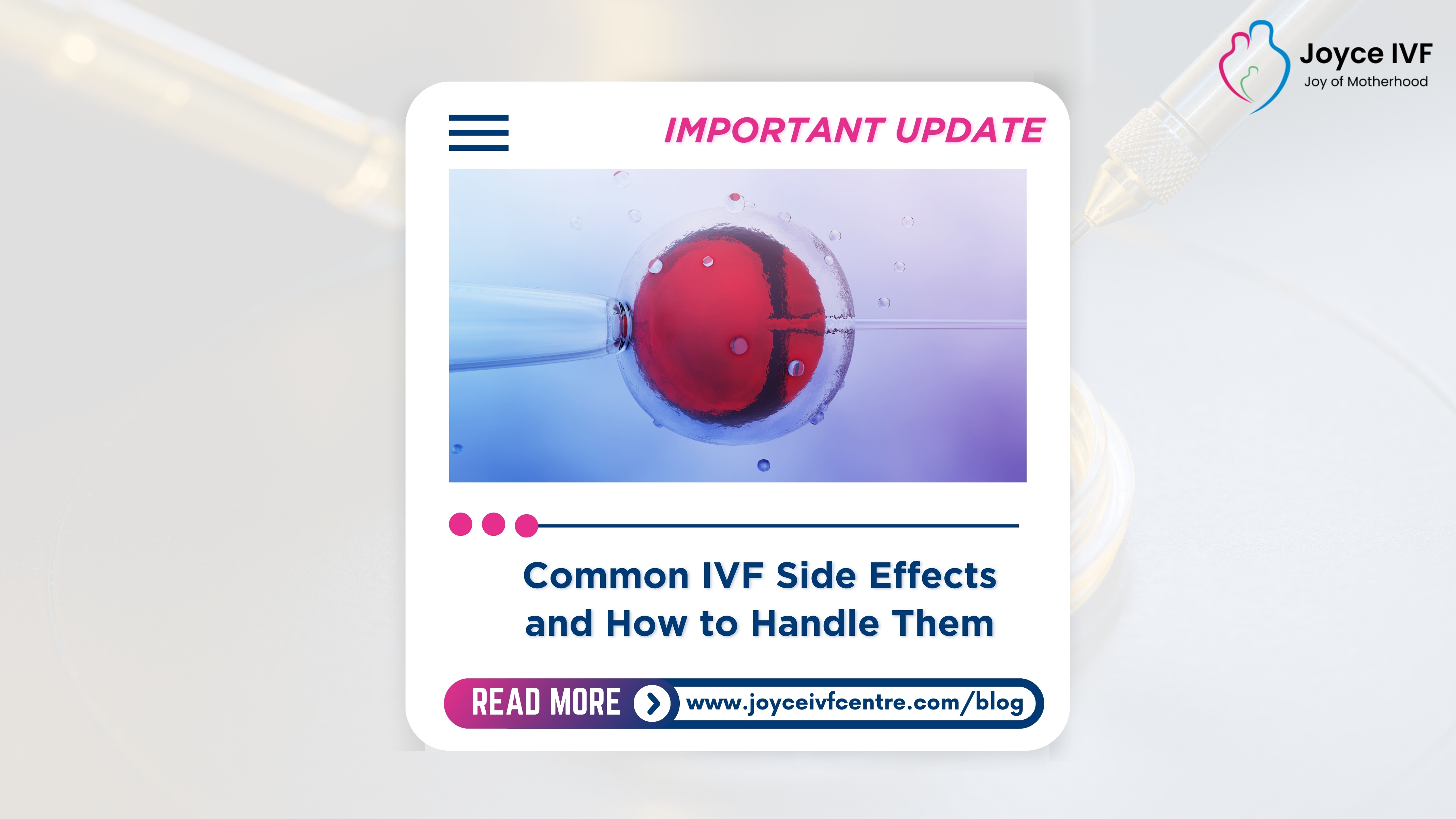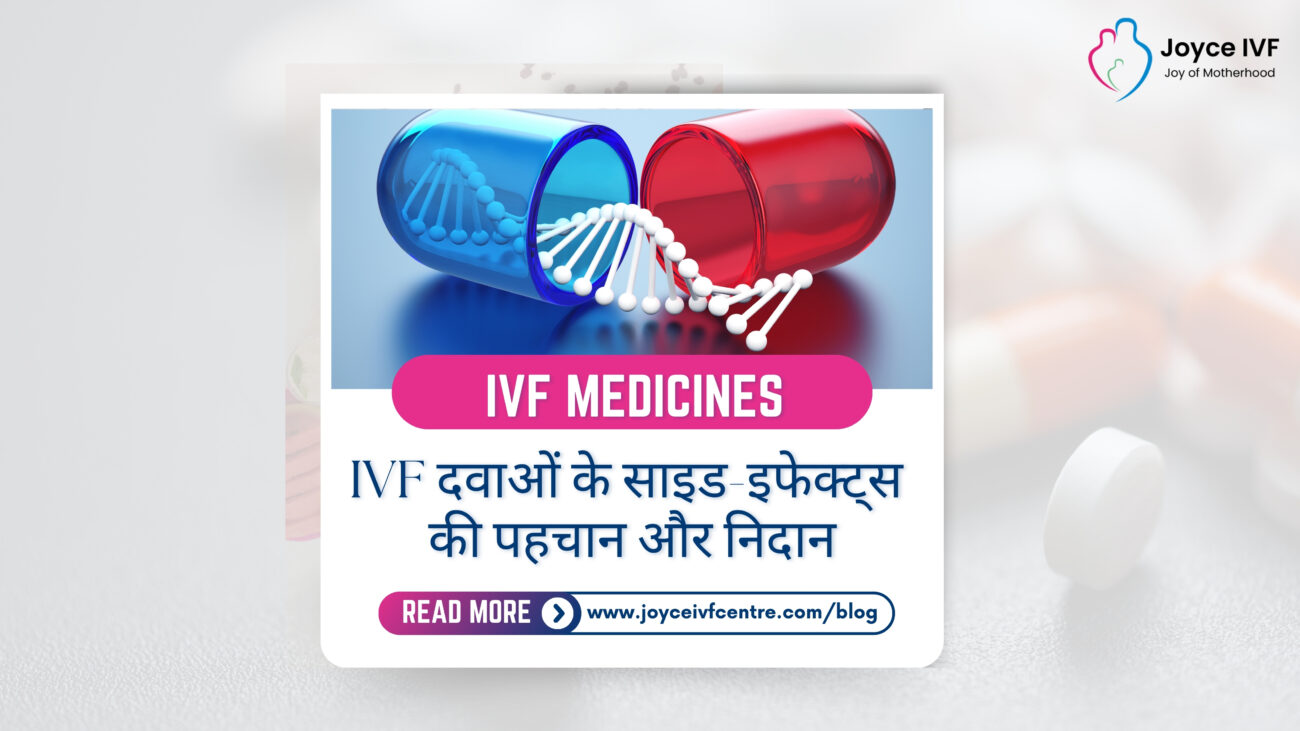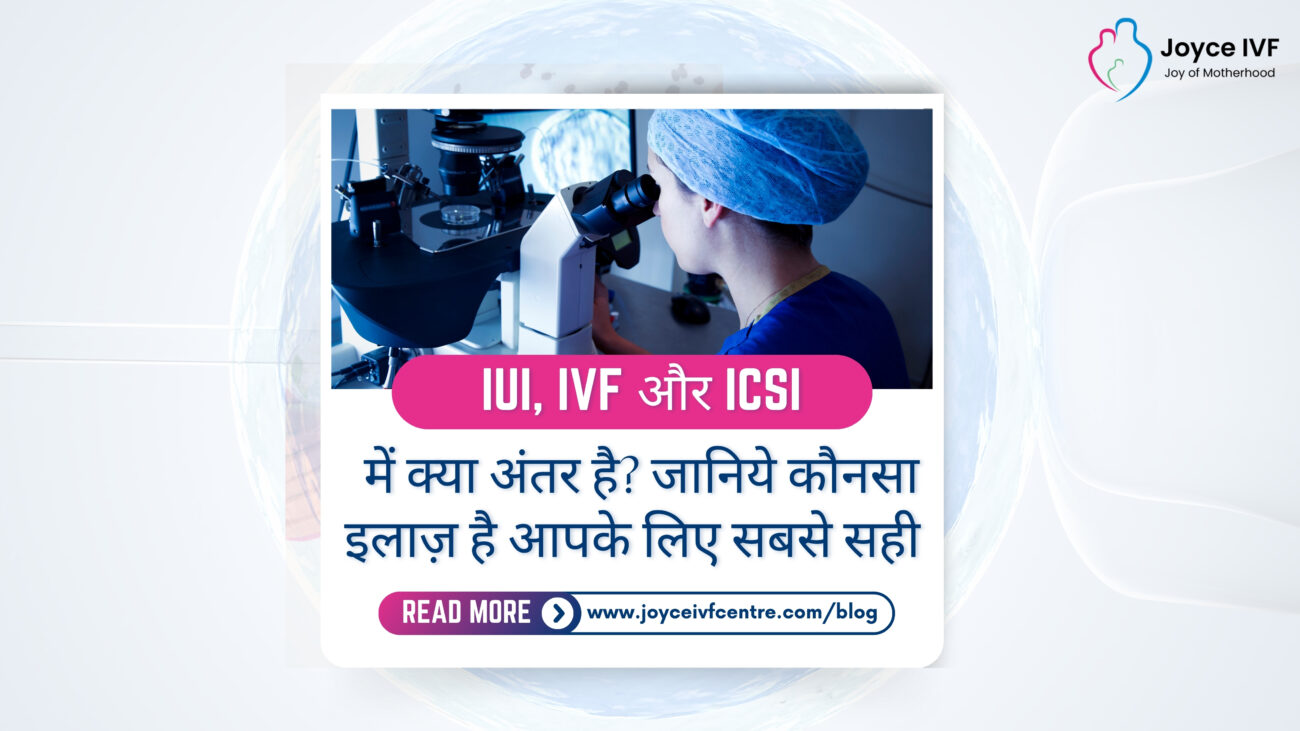In today’s world, women’s reproductive health is of utmost importance. However, many women may not be aware of the common signs of reproductive disorders that they should be on the lookout for. In this article, we will explore some of the key indicators that may suggest a woman is experiencing a reproductive disorder.
Understanding Women’s Reproductive Health
Before delving into the signs of reproductive disorders, it is essential to have a basic understanding of women’s reproductive health. The female reproductive system is a complex network of organs that work together to facilitate fertility and menstruation. Any disruption in this system can lead to various health issues, including reproductive disorders.
Common Signs of Reproductive Disorders
- Irregular Menstrual Cycle: One of the most common signs of a reproductive disorder in women is an irregular menstrual cycle. This can manifest as heavy or light periods, missed periods, or unusually long or short cycles. If you notice any changes in your menstrual cycle, it may be a sign of an underlying issue.
- Painful Periods: While mild cramping during menstruation is normal, severe and debilitating menstrual pain could be a sign of a reproductive disorder such as endometriosis or uterine fibroids. If you experience intense pain during your periods, it is essential to consult a healthcare provider.
- Abnormal Vaginal Discharge: Changes in vaginal discharge, such as an increase in volume, foul odor, or unusual color, can indicate an infection or other reproductive disorder. Pay attention to any unusual changes in your vaginal discharge and seek medical advice if necessary.
- Pelvic Pain: Persistent pelvic pain that is not related to menstruation or ovulation could be a sign of a reproductive disorder. This pain may be dull, sharp, or cramp-like and may be accompanied by other symptoms such as bloating or pressure in the pelvic area.
- Difficulty Getting Pregnant: Infertility is a common symptom of reproductive disorders such as polycystic ovary syndrome (PCOS), endometriosis, or blocked fallopian tubes. If you have been trying to conceive without success, it is essential to seek medical help to determine the underlying cause.
- Changes in Breast Health: Any changes in breast health, such as lumps, nipple discharge, or breast pain, could be indicative of a reproductive disorder, including breast cancer. Regular breast self-exams and mammograms can help detect any abnormalities early on.
- Unexplained Weight Gain or Loss: Sudden and unexplained changes in weight, especially around the abdominal area, can be a sign of hormone imbalances or other reproductive issues. It is crucial to consult a healthcare provider if you experience significant changes in weight without a clear cause.
Seeking Medical Advice
If you are experiencing any of the above signs or symptoms of reproductive disorders, it is essential to seek medical advice promptly. A IVF centre in Gurgaon can conduct a thorough evaluation, perform necessary tests, and recommend appropriate treatment options to address the underlying issue.
In conclusion, being aware of the common signs of reproductive disorders in women is crucial for maintaining overall health and well-being. By recognizing these indicators early on and seeking medical advice when necessary, women can take proactive steps to address any potential reproductive issues and ensure optimal reproductive health.
FAQ
Are you concerned about reproductive disorders in women and want to learn more about them? Keep reading for answers to frequently asked questions on this important topic!
What are Reproductive Disorders in Women?
Reproductive disorders in women refer to a wide range of conditions that can affect the female reproductive system. These disorders can impact fertility, menstruation, sexual function, and overall reproductive health. Common reproductive disorders in women include polycystic ovary syndrome (PCOS), endometriosis, fibroids, and ovarian cysts.
What are the Symptoms of Reproductive Disorders in Women?
The symptoms of reproductive disorders in women can vary depending on the specific condition. However, common symptoms may include irregular menstrual periods, pelvic pain, infertility, abnormal vaginal bleeding, and discomfort during sex. It’s essential to consult a healthcare provider if you experience any concerning symptoms related to your reproductive health.
How are Reproductive Disorders Diagnosed?
Diagnosing reproductive disorders in women typically involves a combination of medical history, physical examinations, and diagnostic tests. In some cases, healthcare providers may recommend imaging studies such as ultrasounds or MRI scans to evaluate the reproductive organs. Blood tests to assess hormone levels can also be helpful in determining the underlying cause of reproductive issues.
What are the Treatment Options for Reproductive Disorders?
The treatment for reproductive disorders in women varies depending on the specific condition and its severity. Treatment options may include medication, hormonal therapy, minimally invasive procedures, or surgery. Lifestyle modifications such as diet and exercise can also play a significant role in managing reproductive disorders and promoting overall reproductive health.
Can Reproductive Disorders Impact Fertility?
Yes, reproductive disorders in women can impact fertility by affecting ovulation, egg quality, or the structure of the reproductive organs. Conditions like PCOS, endometriosis, and fibroids can contribute to infertility issues. Seeking early diagnosis and appropriate treatment for reproductive disorders can help improve fertility outcomes for women trying to conceive.
How can Women Protect their Reproductive Health?
Women can protect their reproductive health by maintaining a healthy lifestyle, attending regular gynecologic check-ups, practicing safe sex, and being aware of any changes or abnormalities in their menstrual cycle. It’s crucial to communicate openly with healthcare providers about any concerns regarding reproductive health and seek timely medical advice when necessary.









